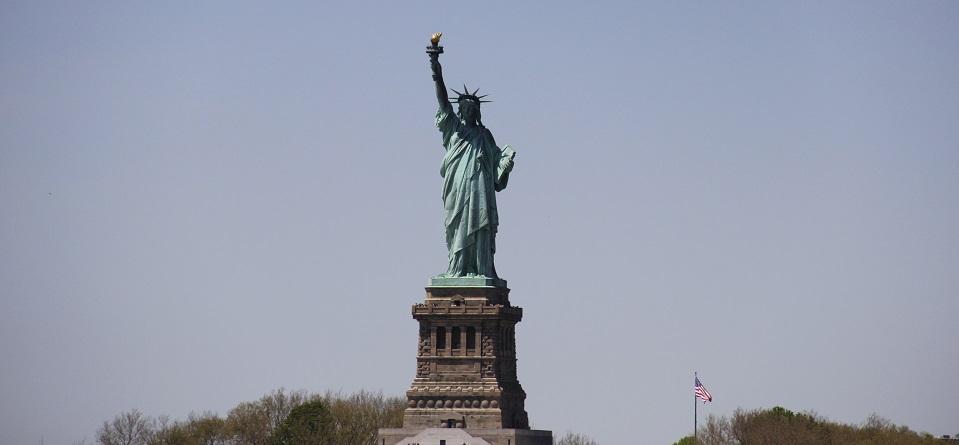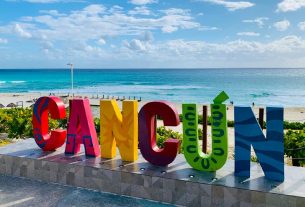“I see you’ve traveled a lot. What is your profession?” My answer left the North American curious. “I’m a journalist,” I replied. At the time I worked at Editora Abril, in São Paulo, and my salary was certainly not proportional to the number of stamps I had in my passport. Looking at the document closely, he said, “So you use all your money to travel, huh!”
This was one of the conversations I had during my American visa interview in 2013. We already told you here on the blog the step-by-step guide to applying for the visa. Even after getting past the complicated process of filling out all the forms required by Uncle Sam, something else tends to give those planning a Disney vacation a nervous breakdown: what the heck am I going to answer during the visa interview? What will the questions be? Finally, how to pass the hearing.
Attention: It is not a good idea to travel to the United States without international health insurance, as hospital costs there are very high. Read here how to find cost-effective insurance.
Before the US Visa Interview
Believe me, if you already have the interview scheduled, then you’ve gone through the most boring part of the process. Therefore, before going to the consulate on your chosen date, remember the basics: stay calm. Tourism is a tremendous industry and Brazilians, so consumerist, are among the most desired tourists in any country. It’s no different in the United States – they want you to go to New York (or any city in the country) and spend your precious dollars there.
The American visa interview is only intended to ensure that you want to go to the United States for a vacation, and not to become an illegal immigrant or to carry out any activity that negatively affects the country. If this is not your case, you can rest assured. You just have to show the Obama official that your intentions are legitimate. And to calm you down even more, a number: the visa approval rate is around 96%.
What documents should I bring to the interview?
To avoid becoming a negative statistic, be prepared. The mandatory documents are:
– Valid passport with at least six months of validity
– DS-160 confirmation page (that huge form you filled out to apply for a visa)
– Passport with old visa (if applicable)
Furthermore, it is worth taking all documentation that may be useful for you to prove a fact during the interview (such as your salary) and your ties with Brazil. Some examples:
– Bank statement from the last three months
– Proof of income (yours or the person who will pay for your trip, with a letter proving this)
– Letter from the company you work for, Work Card, employee badge (if applicable)
– Evidence that you have property in Brazil (car document, contract for the house where you live)
– Evidence that you intend to return to Brazil (enrollment in school or college, for example)
I repeat: these documents are not mandatory and this is not a definitive list. The idea is that you can prove that you are only going to tour the United States. If you are self-employed, for example, you will not be able to take receipts from a company. In this case, reinforce your proof of income and take your contracts, company documents and things like that.
Carry all documents organized in a folder and know how to find any of them quickly, if necessary. It’s very likely that you won’t have to show anything during the interview – I didn’t – but having this paperwork with you will give you security.
In addition to the items you must take, remember what you cannot take: backpacks, electronic devices (yes, this includes cell phones) and sharp objects are not allowed. Therefore, leave all of this at home, or else you will have to pay to store these items in stores around the Consulate. And the prices are abusive.
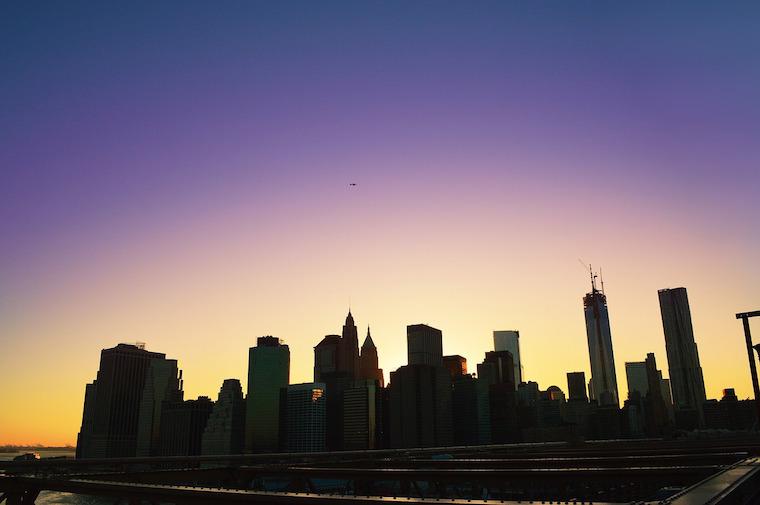
What questions will be asked?
This depends on your interviewer and, of course, your lifestyle. But you can anticipate some questions:
– When do you intend to travel?
– What places do you want to visit in the United States?
– How many days do you plan to stay?
– Have you ever been abroad?
– Do you have any relatives or know anyone in the United States?
– What is your profession?
– How much do you earn?
– How are you going to pay for the trip?
Interviews are usually in Portuguese, so don’t worry if your English isn’t good. And everything is very quick – you will spend less than five minutes in the interview. Use this time well and don’t forget your task – to show the interviewer that your interests in the United States are correct.
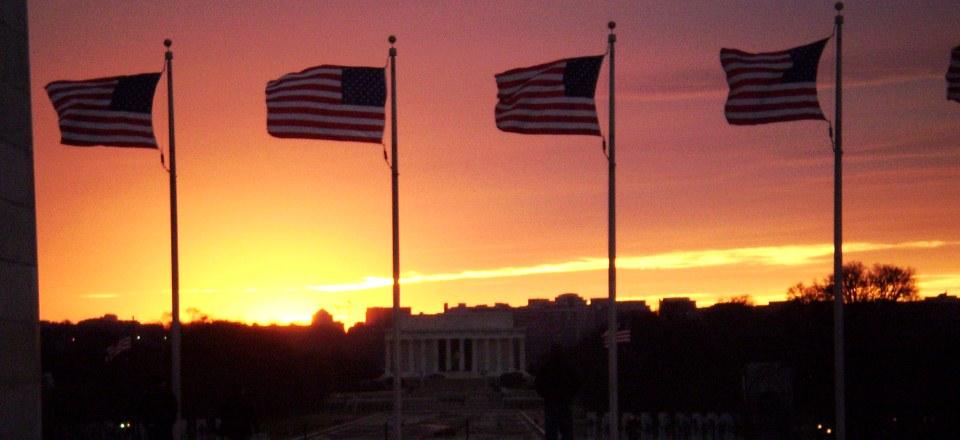
US Visa Interview: Acceptable Behavior
After waiting in line for a while, you will be directed to the interview. Stay calm and try to ignore all that annoying waiting. And the main rule is very simple: Don’t lie. Never. If you lie or contradict yourself, it is very likely that your visa will be denied. This is actually the purpose of the interview – to check whether what you stated on the form is true. So it works like this:
If he asks you which places you want to see, be direct and tell the truth. If you plan to go to Disney, this is your answer. If your stop is New York, say so. If a relative is paying for your trip, make that clear (in this case, don’t forget to have a letter stating that person will cover your costs).
In addition to not lying, be careful not to contradict what you said on the form. I made this mistake. In the form DS-160 I said that my sister was temporarily living in the United States, but at the time of the interview I completely forgot that she was there. Like, I actually forgot. She already had her return scheduled, so that fact disappeared from my mind. Then the interviewer said her name and asked me who she was. I trembled and thought I would have been denied a visa due to tremendous stupidity, but I decided to take the correct path: tell the truth.
“She’s my sister. Sorry, I forgot she’s still there, after all she’s already going back to Brazil”.
And I got the visa, which once again proves the need to tell the truth, especially if you answer something wrong during the interview.
Besides all this, be natural. Be well dressed, polite, friendly, but don’t cross the line. And remember that pile of paper you prepared? Only show it if the interviewer asks you to. Otherwise, keep all paperwork inside the envelope.
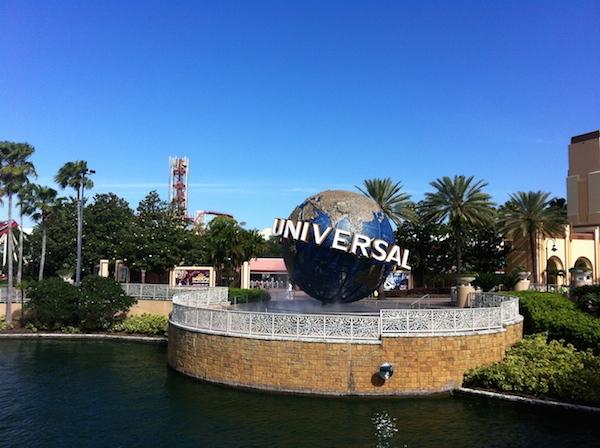
My visa was refused. And now?
If you are part of the 4% and are refused a visa, well, it happens. Remember that they don’t even need to tell you why they refused your visa, so stay calm and try to understand what you did wrong. You can start the whole process again and try for your visa again the following week. You will need to pay the fee again, of course.
But, before trying for a visa again, do an analysis and see what mistake you made. Missing documents? Don’t you have proof of income? Did you contradict yourself during the interview? Did you lie? Discover and solve the problem. If everything continues to go wrong, well, Europe is right there. And European countries do not require visas from Brazilians, as do several countries in South America, Africa and Asia. See the full list of these countries here.
My American visa was accepted. And now?
Congratulations! Your passport will remain at the Consulate for a few days. After that, it will be returned to the address you indicated or it will be available at CASV (you choose this during the visa application process). If you have to pick it up, remember that the ban on backpacks and electronics remains.
Furthermore, pack your bags. Be sure to read everything we’ve already published about the United States to plan the details of your trip.
Sign up for our newsletter

Sign up for our newsletter and stay up to date with exclusive news
that can transform your routine!
Warning: Undefined array key "title" in /home/storelat/public_html/wp-content/plugins/link-whisper-premium/templates/frontend/related-posts.php on line 12
Warning: Undefined array key "title_tag" in /home/storelat/public_html/wp-content/plugins/link-whisper-premium/templates/frontend/related-posts.php on line 13

